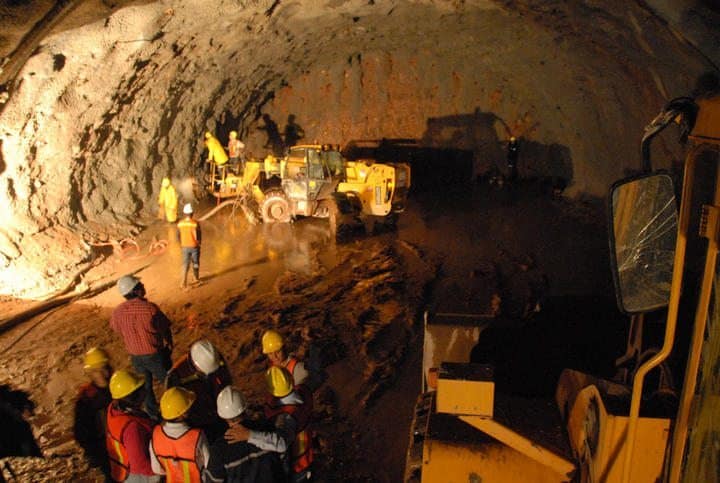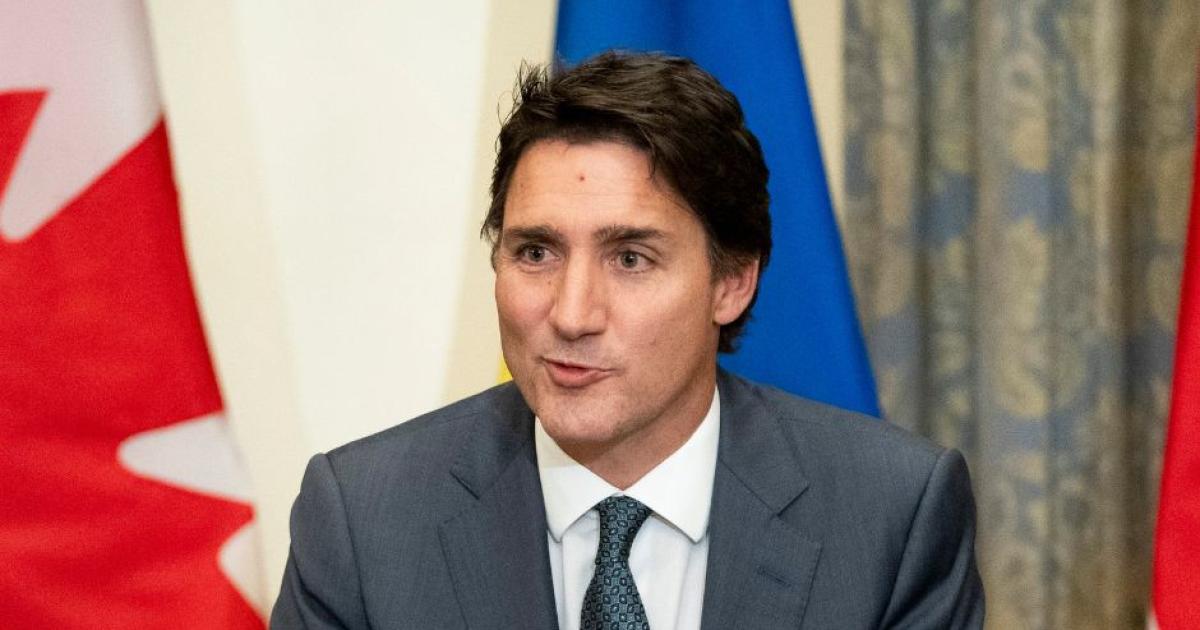More than 100,000 Canadian federal employees have been on strike since last Wednesday after months of fruitless negotiations between the Public Service Alliance of Canada, the Union of Taxation Employees and the government of Justin Trudeau. In their petition, the strikers demand above all a salary increase higher than that offered by Ottawa and respect for teleworking. Activities at some ports and federal buildings were disrupted by protesters. In turn, some services are affected by downsizing. This is the case for obtaining passports, tax declarations and immigration procedures.
Mona Fortier, president of the Treasury Board, the body that regulates the federal public service, said Monday that the government is working “very hard and tirelessly to achieve new collective agreements that are fair, competitive and reasonable.” Fortier stressed that the negotiations represent “a great effort for both parties”. Chris Aylward, president of the Public Service Alliance of Canada, told the network Radio Canada that “fundamental points still need to be settled before reaching an agreement with the federal government”. For its part, the Union of Tax Employees has declared that Mona Fortier should resign if a compromise is not found quickly.
The strikers are demanding a 13.5% wage increase over three years, while government officials are proposing a 9% raise. Inflation reached 6.7% in the North American country in 2022. They also demand that the right to telework be included in collective contracts. The Treasury Board announced in December that employees would be required to work in their offices two to three times a week, a move that drew backlash among union members. Civil servants on strike are demanding in the same way the prohibition of subcontracting and the maintenance of seniority as a criterion of protection in the event of cuts.
A third of all federal public servants are on strike. Initially, 155,000 people were expected to suspend operations, but the government used its power of requisition to force some 48,000 people to continue working to provide essential services. The last strike of a similar scale by federal civil servants took place in 1991. On that occasion, the stoppage lasted about three weeks. The labor dispute was ended by means of a special law.
At the start of the strike, Prime Minister Justin Trudeau signaled that workers were exercising their right. Trudeau also remarked that it is of the utmost importance that the unions sit down to negotiate, although he warned: “I know that Canadians will not be very patient if this continues. If the days pass and the parties cannot reach an agreement, the Canadian Prime Minister could ask for a parliamentary vote to enact a special law. However, he would have to seek the support of the Conservatives, since he is governing in a minority. Jagmeet Singh, leader of the New Democratic Party (a left-wing group with which the Liberals have a government agreement), has already indicated that he would not support this special law. “This is unacceptable to us. We are the workers’ party. We would never support such a project,” Singh said.
Follow all the international news on Facebook And Twitteror in our weekly newsletter.
Join EL PAÍS to follow all the news and read without limits.
subscribe

“Incurable alcohol evangelist. Unapologetic pop culture scholar. Subtly charming webaholic.”

/cloudfront-eu-central-1.images.arcpublishing.com/prisa/7TRX6X2ZDVAI7KHSQBAQDPBOAA.jpg)




